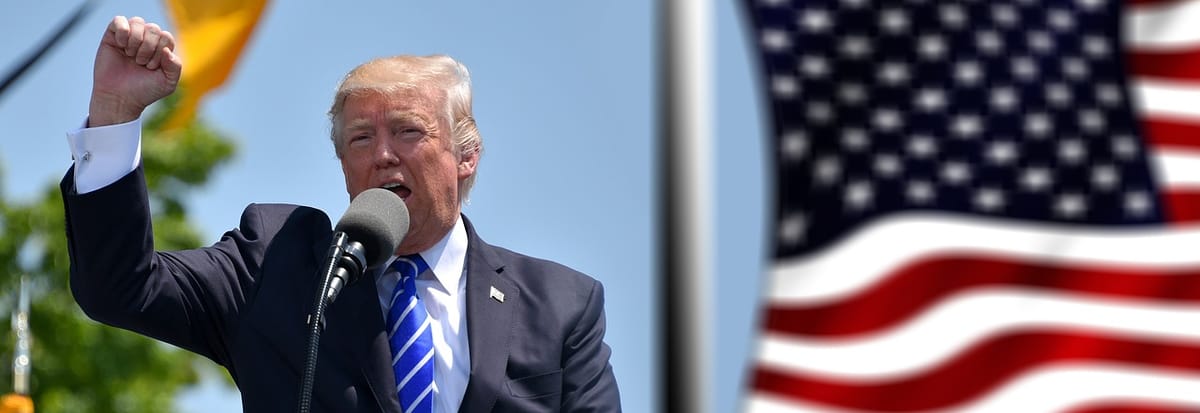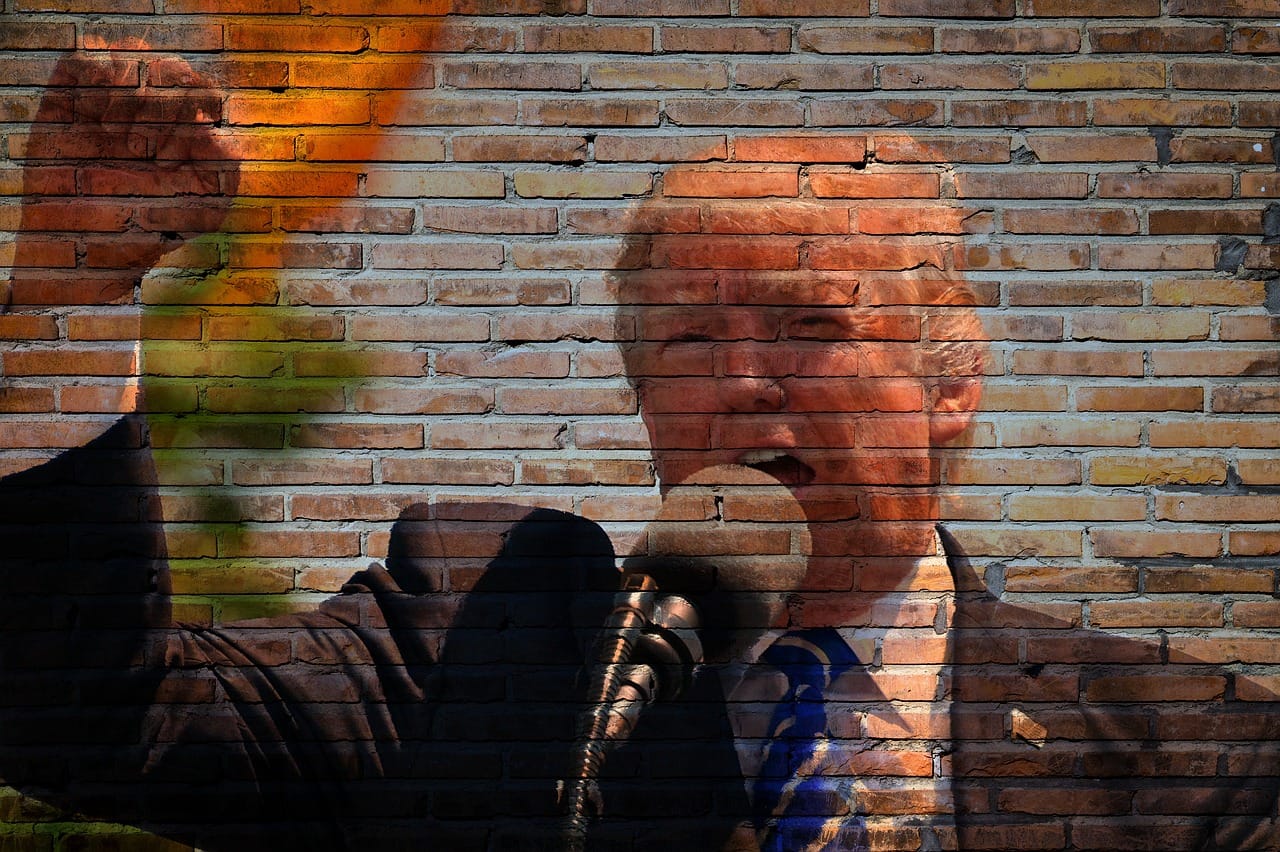Donald Trump is being approached by Univision, the major Spanish news outlet in America
Univision's outreach to Donald Trump signals a pivotal move in engaging the Hispanic audience. Explore the implications and potential outcomes of this significant development between the former president and a leading Spanish news outlet in the US

At his last press conference with Univision, the largest Spanish-language television network in America, Donald Trump had a run-in with the reporter. As Jorge Ramos, the channel's star anchor, persisted in questioning him, the president's security personnel removed him from the room. Trump shouted "Go back to Univision!" in response, with many Republicans viewing the network as a partisan adversary due to its ownership by a major Democratic Party donor.

On November 9th, Mr Trump had a one-hour long conversation on the primetime Univision show in which he was asked some lenient questions. Originally, the Democrats were meant to get an interview too, but it was cancelled. Additionally, Democratic ads that were supposed to be aired during the commercial breaks were also taken off. Despite his earlier negative comments about Mexican immigrants, Mr Trump praised Latinos during the show, saying "All you have to do is look at the owners of Univision. They're unbelievable, entrepreneurial people. And they like me."
The comment evoked surprise. In 2019, Univision and part of Televisa, Mexico's main broadcaster, joined forces. This company has had close ties with politicians since the 20th century; its CEO at the time even called it a "soldier" of the governing party. Recently, it has become friendly with President Andres Manuel Lopez Obrador. Televisa representatives were present during the Trump interview, as was his son-in-law Jared Kushner, who is acquainted with the senior staff of Televisa and reportedly organized the interview, according to the Washington Post.
The law restricts foreign possession of U.S. television stations, yet regulators gave Univision an exemption. It appears as though its Mexican associates are now influencing the newsroom. Soon after the Trump interview, the station terminated its relationship with anchor Leon Krauze, who had been reproached by Mr Lopez Obrador over his reportage of a recent hurricane in Acapulco. On November 17th, Wade Davis, the head of Univision in the U.S., guaranteed personnel that "we maintain Univision News to the utmost levels of journalism".
The effects of the backstage unrest may be far-reaching. Polling done by the Pew Research Centre revealed that out of America's 60 million Latinos, half get their news from Univision--a number equivalent to those tuning in to Fox News. Furthermore, their trust in the network is second only to CNN. As the Latino population moves into battleground states, politicians are eager to win their support. In 2016, Donald Trump received 28% of the Latino vote, but this increased to 38% in 2020--and he remains popular among them this year.
Gaining the attention of Latinos now is not as affected by Spanish-language media as it used to be. In the past century, two-thirds of America's Latinos were born in the US, a percentage that has since increased. Additionally, a quarter of Hispanics now report only being able to speak Spanish a little. This is clearly demonstrated by their media habits; Pew Research discovered that since 2008 they are more likely to consume news in English than Spanish. Comscore, a data firm, revealed that Univision's evening news has had a 40% decrease in viewership in the last six years, while English-language competitors saw a rise in viewership.
The New York Times and other media outlets have been providing more Latino-based content, such as Spanish-language editions and podcasts. The popularity of Latin culture is evident in the fact that Bad Bunny, a Puerto Rican singer, was recently featured on "Saturday Night Live". Additionally, the number of Hispanic staff members in the television news industry is now double what it was in 1995, representing approximately 10% of the workforce.
On the outskirts, however, Spanish media still has potential to be influential. Chuck Rocha, a Democratic strategist, believes Univision is particularly important in swing states with low Hispanic populations. Despite its older demographic, these viewers are still dependable when it comes to voting. Rocha states, "There are little old Mexican ladies every night, who watch [Jorge Ramos on Univision] and think of him as the voice of God". Ramos started his career with Televisa in Mexico, but moved to the United States after his stories were censored. So far, the interview with Trump has yet to be addressed by this divine figure.




